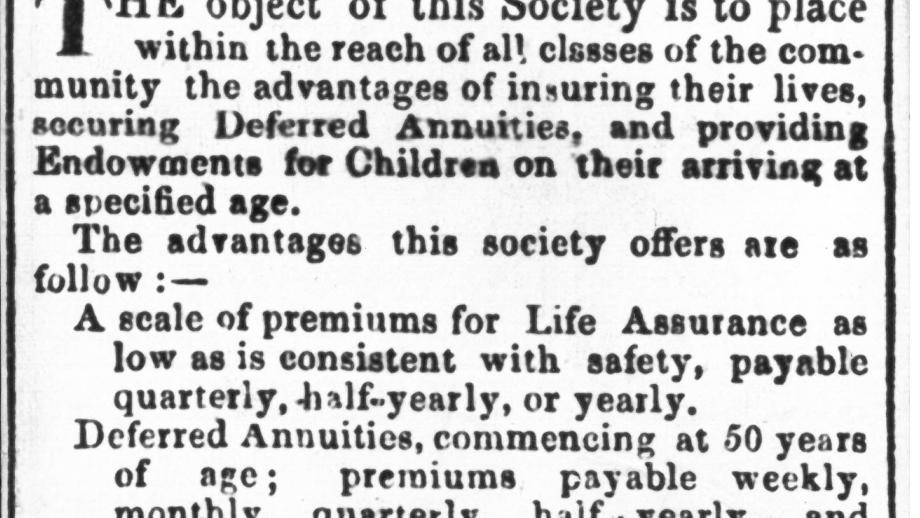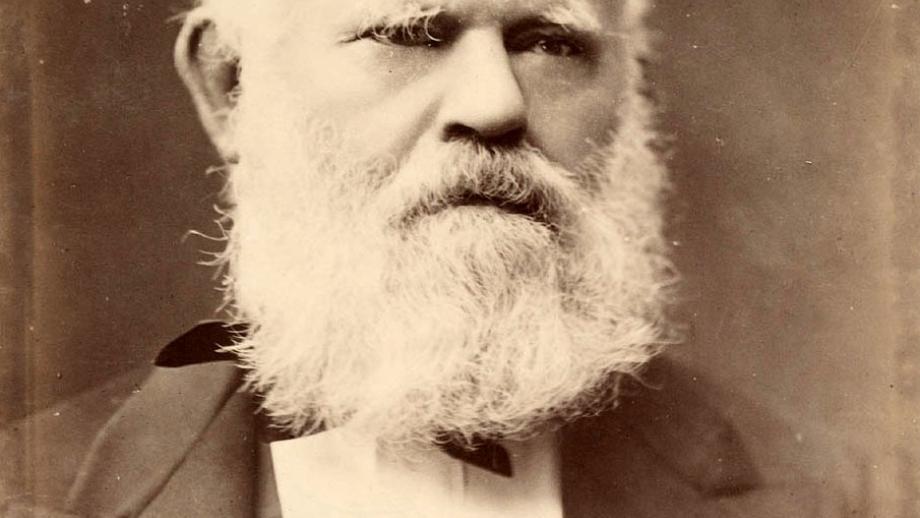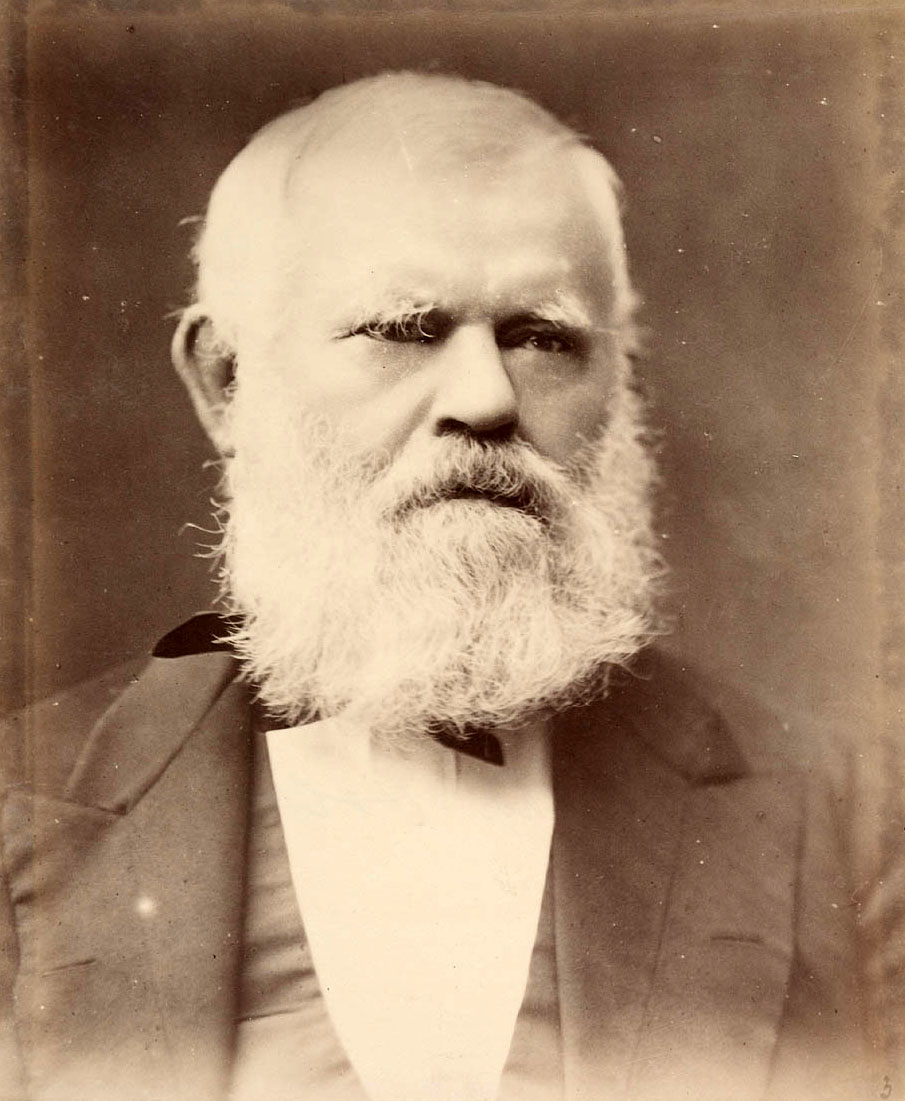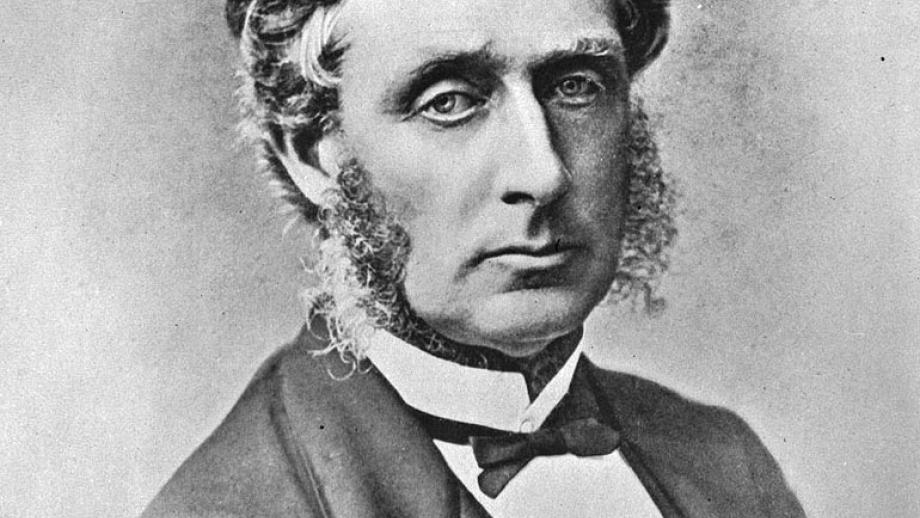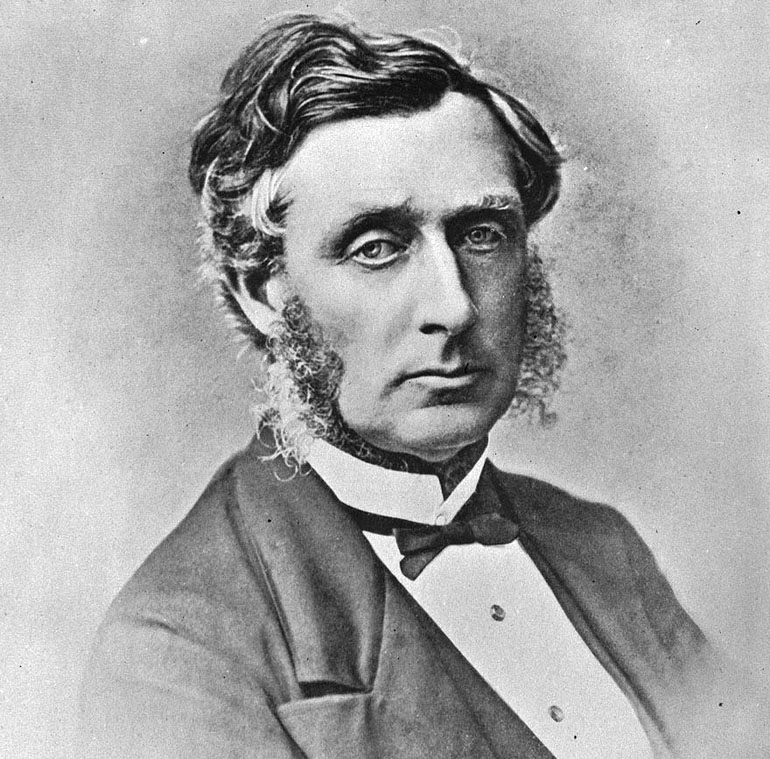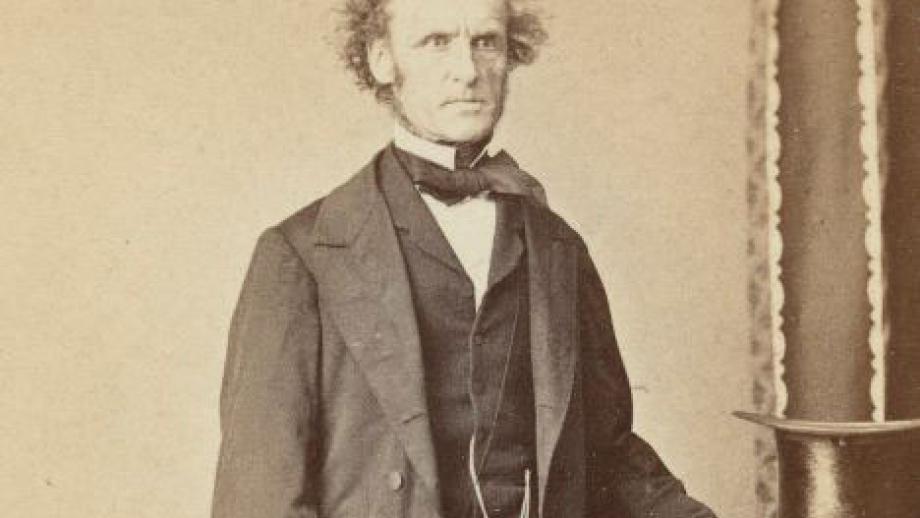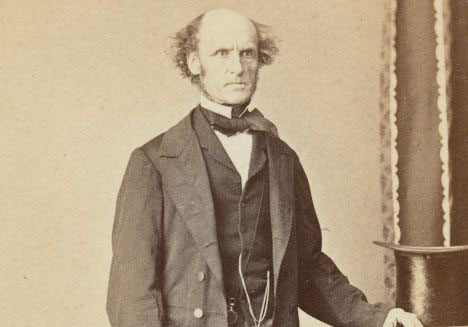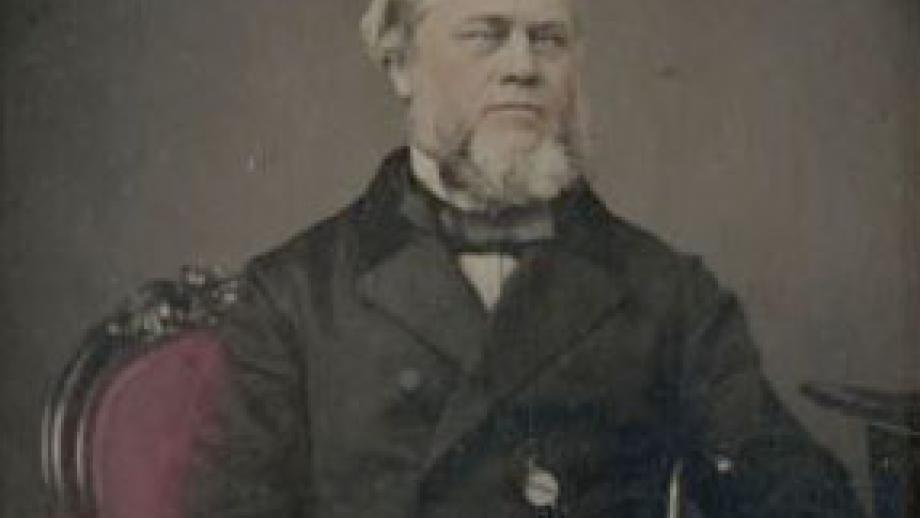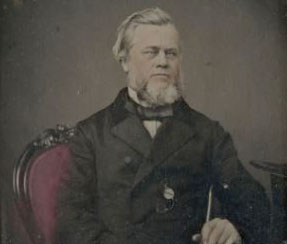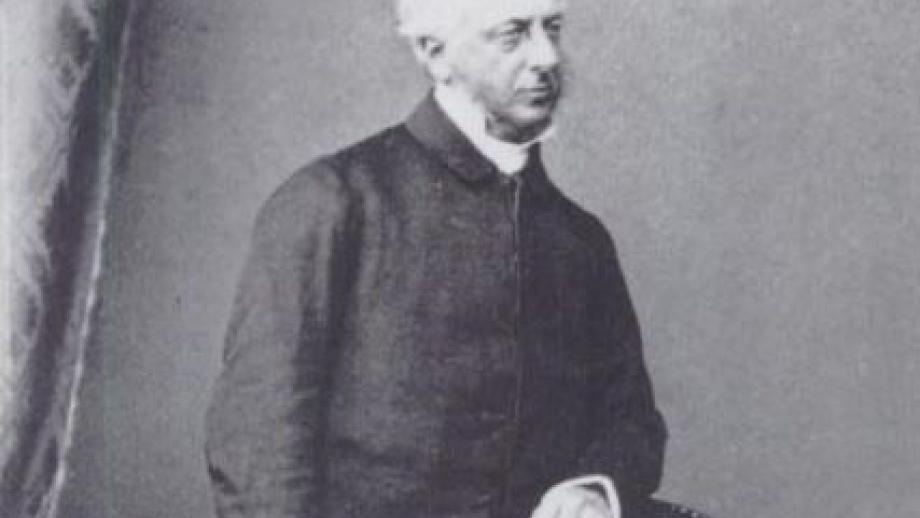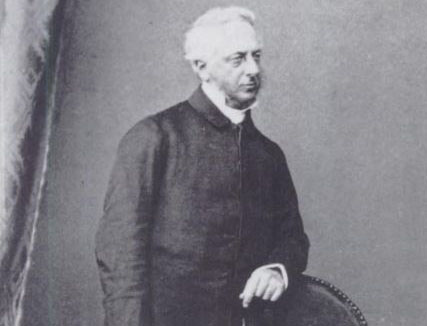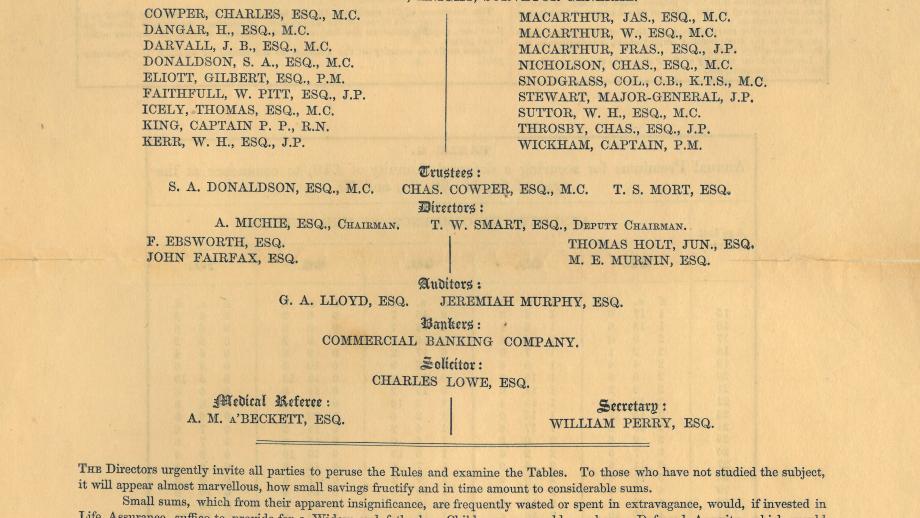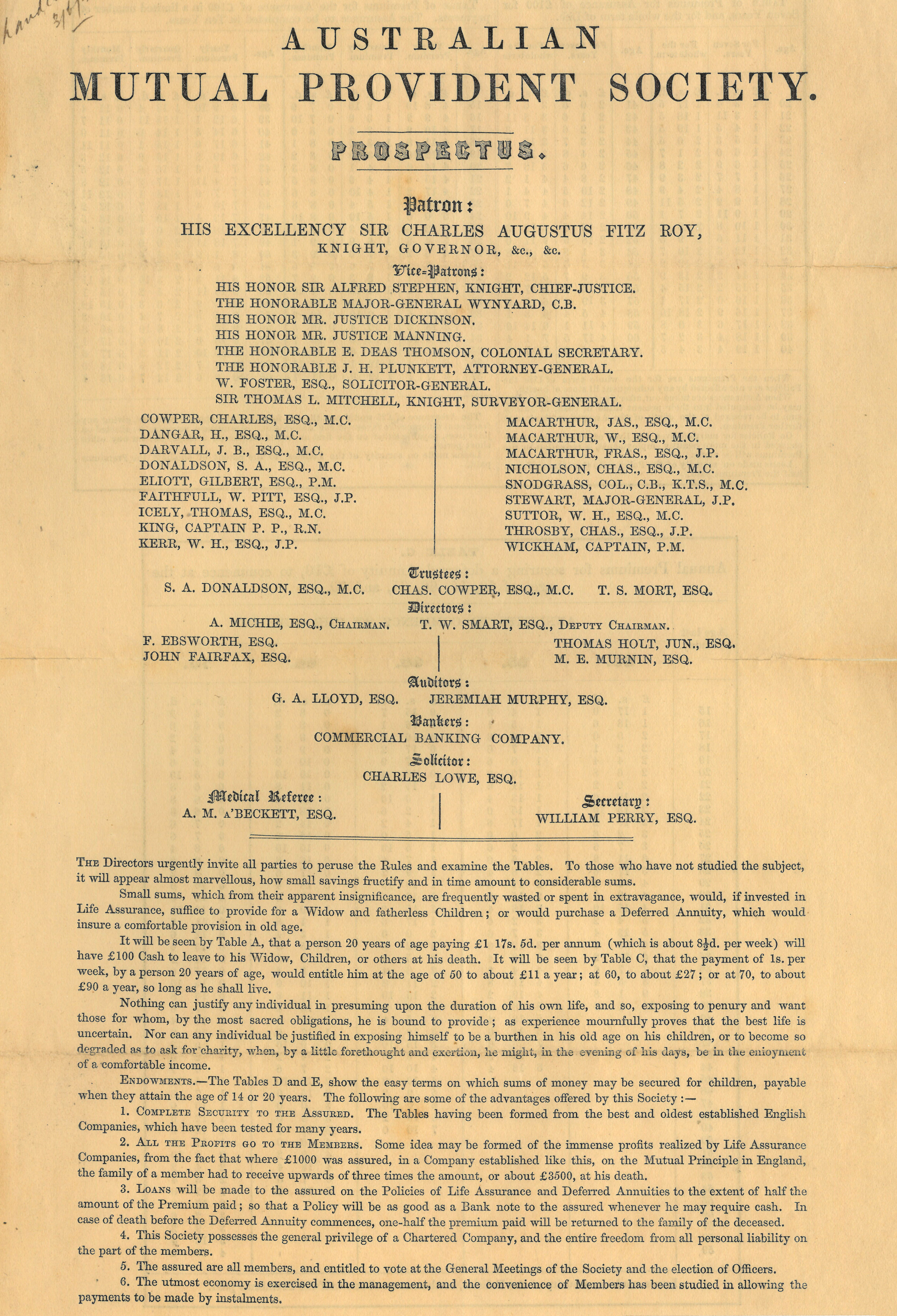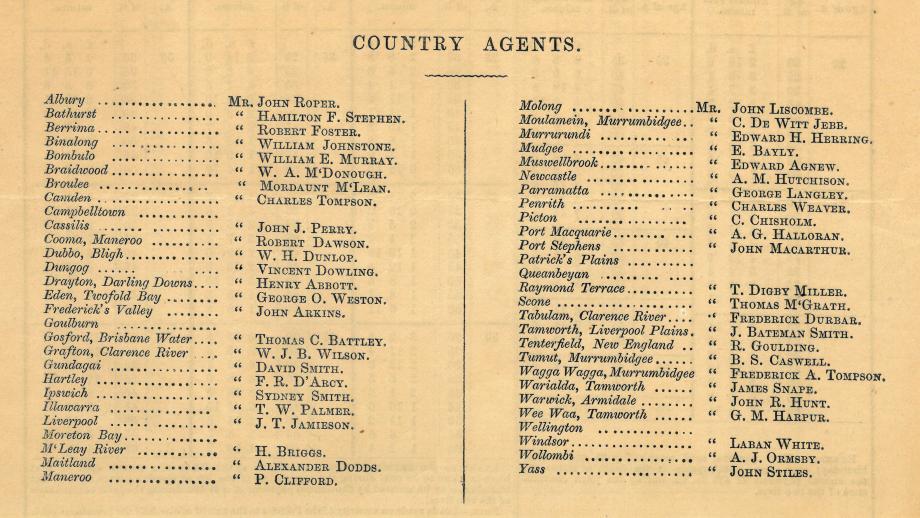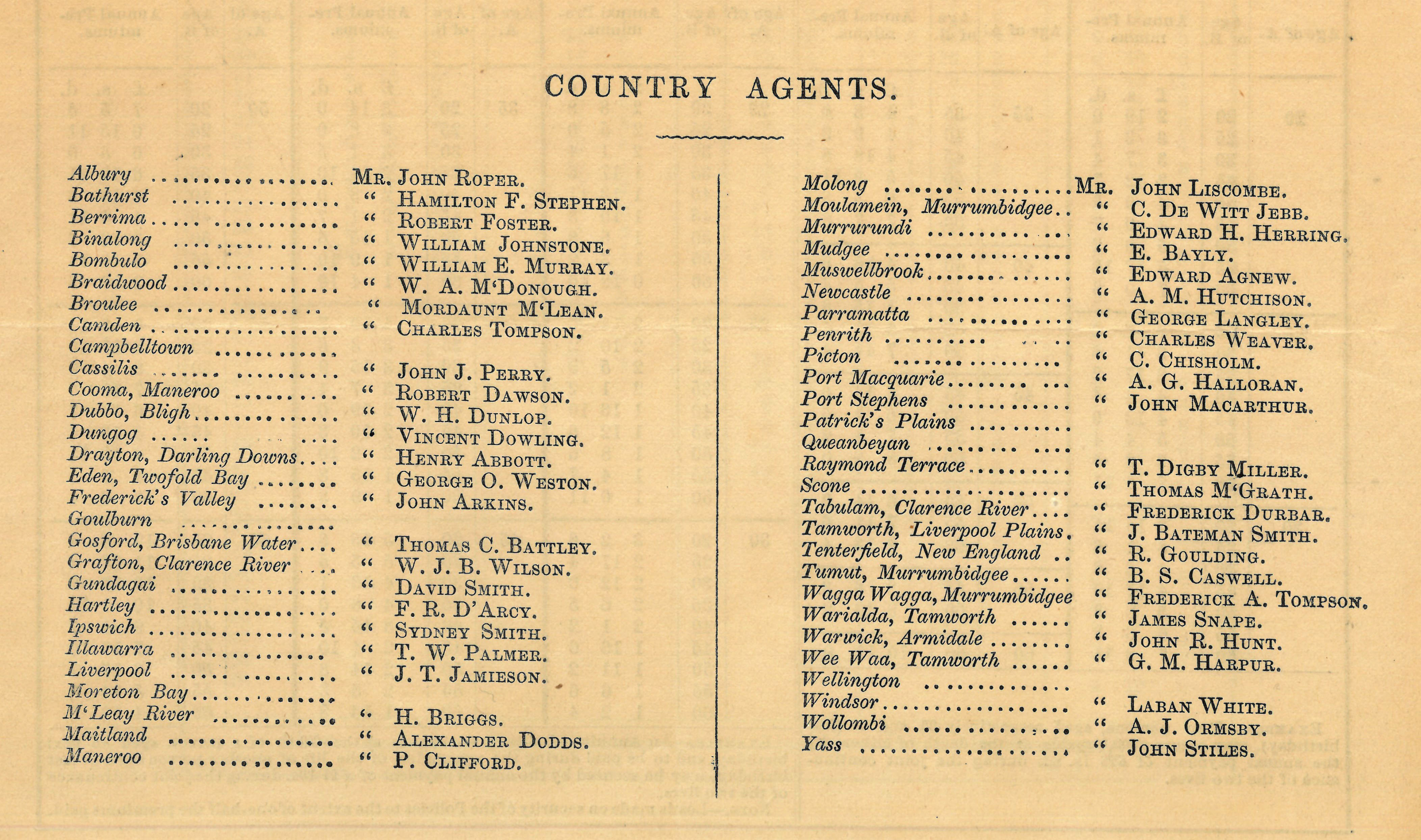On 31 August 1848 a group of men met to discuss the formation of an organisation to provide life assurance to Australians.
Life was much more hazardous then. Many people started their working lives in their early teens and by the late 1800s the average life expectancy for a non-Indigenous Australian was between 51 and 54 years. Diseases such as typhoid and tuberculosis were common, and you were much more likely to drown, be shot, fall from a horse, or die during childbirth. The average family was large and there was no form of welfare available to support those who were unemployed, ill, or experienced the death of the main breadwinner.
The proposed organisation would establish a scheme to provide benefits for Australians, essentially a private system of social security. This organisation would be known as the Australian Mutual Provident Society (AMP).
Attending this first meeting were businessmen Thomas Holt Jnr and Thomas Sutcliffe Mort, solicitors Charles Lowe and William Perry, lawyer Archibald Michie, and Reverend W.H. Walsh. Prior to the meeting Walsh drafted a prospectus for the new venture. Thomas Holt Jnr is considered to have been “the prime mover in the enterprise” and had a long and active association with AMP as a board member, director, and chairman (Anderson, 1961).
Being a mutual society, AMP would not to be run like a normal business. There was no initial capital raised and no shareholders apart from its small number of members.
The Society published an initial prospectus to advertise its services to the public. It included the following as a means of persuasion…
“Small sums, which from their apparent insignificance are frequently wasted or spent in extravagance, would, if invested in Life Assurance, suffice to provide for a widow and fatherless children, or would purchase a Deferred Annuity, which would insure a comfortable provision in old age.” (Anderson, 1961).
Sir Charles Fitzroy, who as Governor of New South Wales was the most powerful man in the country, agreed to be AMP’s patron and an additional 35 vice-patrons were appointed. Amongst them were judges, military officers, and lawyers.
In December 1848 AMP appointed six directors to oversee its governance:
Archibald Michie (Chairman), lawyer
Thomas Ware Smart (Deputy Chairman), businessman and politician
Thomas Holt Jnr, later the first Colonial Treasurer
David Jones, businessman and founder of the David Jones retail emporium
Michael Egan Murnin, businessman
Frederick Louis Ebsworth, businessman
On 28 December 1848 the Society’s rules and regulations were registered under the Friendly Societies’ Act of New South Wales. They stated that…
“the object of the Australian Mutual Provident Society is to enable the members thereof by insuring their lives to secure annuities for old age, endowments for children or sums paid to the families of members after their death”.
Life assurance as a form of family protection had not yet been developed. It was quite a risk for AMP to take. Although the life assurance industry was flourishing overseas, in Australia in 1848 life was hazardous and there was no reliable mortality data to rely upon.
